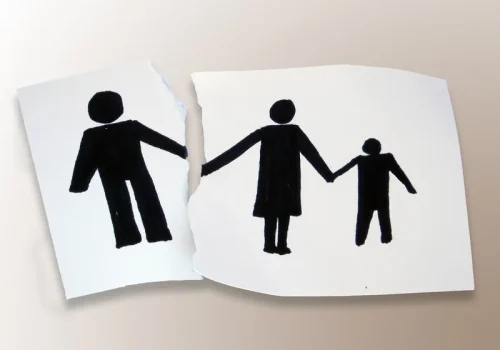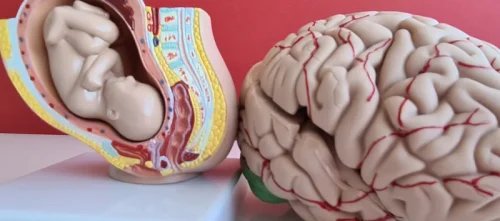
Those biological changes pave the way for the second stage, which is marked by a physical dependence on the drug. Drinking at this point isn’t about feeling good — it’s about not feeling bad and avoiding the uncomfortable sensations that accompany acute withdrawal. It’s important to note that these symptoms can differ and represent variables in severity and duration depending on the individual and the extent of alcohol abuse.

Low Regard for Consequences
- Holistic care focuses on the natural part of life and healing the whole self.
- Alcoholic Rage Syndrome, also known as alcohol-induced aggression or alcoholic anger, is a distressing condition that plays a role in answering the question, why are alcoholics so mean?
- When someone with alcohol dependency promises they will never drink again but a short time later are back to drinking as much as always, it is easy to take the broken promises and lies personally.
- For example, if you’re intoxicated, you might perceive someone bumping into you by accident as a provocation and respond aggressively.
If you or a loved one are struggling with dry drunk disorder, please consider helping the entire family. Just like we want to treat the whole disease, we want to treat the whole family. Alcoholic Rage Syndrome, also known as alcohol-induced aggression or alcoholic anger, is a distressing condition that plays a role in answering the question, why are alcoholics so mean? Alcoholic anger is characterized by intense outbursts of anger and hostility resulting from alcohol consumption. This syndrome encompasses a range of aggressive behaviors, including verbal and physical aggression, impulsivity, and irritability. Researchers have studied the connection between anger and aggression for years.

How Anger and Alcohol Contribute to Domestic Violence
Alcohol can provoke different emotional responses for different people. If you have a natural tendency to be angry, drinking alcohol may cause you to become aggressive. Depending on the frequency of your use, you may need to discuss alcohol tapering strategies with your doctor. Heavy drinkers can experience severe and sometimes life alcoholic rage syndrome threatening symptoms when reducing alcohol intake, so it’s important to have medical support. Most of these treatments come from the framework of cognitive behavioral therapy (CBT). CBT is a diverse psychotherapy that focuses on identifying unhelpful thoughts and behaviors and creating new, helpful patterns of thinking and feeling.
- Therefore it’s crucial to remember that terms like ‘angry drunk’ are generalizations – they help us understand certain behaviors but don’t define an individual entirely.
- This is part of our ongoing commitment to ensure FHE Health is trusted as a leader in mental health and addiction care.
- If family members try to “help” by covering up for their drinking and making excuses for them, they are playing right into their loved one’s denial game.
- Mood swings, depression and feelings of guilt and shame are common.
Ways Alcohol Facilitates Anger, Aggression and Violence
It can be harder for someone under the influence of alcohol to notice typical warning signs that emotions, especially anger, may be getting out of control. If you feel like you have a pattern of being aggressive when drinking alcohol, you should understand how your behavior can impact yourself and others. Lastly, mindfulness techniques such as meditation or yoga could help manage stress levels which often trigger aggressive drinking episodes. These practices promote relaxation and self-awareness, potentially reducing the urge to engage in harmful behaviors while under the influence of alcohol. Support groups and 12-step programs like Alcoholics Anonymous can also provide much-needed help.
There’s less filtering happening between brain and mouth, less consideration for consequences. When it comes to understanding anger and alcohol, there’s a fascinating psychological interplay at work. Research suggests that booze doesn’t necessarily create new behaviors—it simply amplifies what’s already there. Picture an intensified mirror of oneself—a reflection with the volume turned way up.


Listen to relatives, friends or co-workers when they ask you to examine your drinking habits or to seek help. Consider talking with someone who has had a problem with drinking but has stopped. Alcohol use disorder can include periods of being drunk (alcohol intoxication) and symptoms of withdrawal. The contemplative stage ends with the decision to make a change, yet further steps such as preparation, action, and later maintenance and likely relapse are usually needed before the addiction is controlled.
It makes people — even their closest friends — less willing to spend time with them. It can have a major impact on their family members’ quality of life and even be a detriment to the healthy development of any children they have. We’ve heard of the “raging alcoholic” or “angry drunk” stereotype, but is there any truth to the idea? Consuming alcohol can serve as a distraction from a range of negative feelings, including anger.
